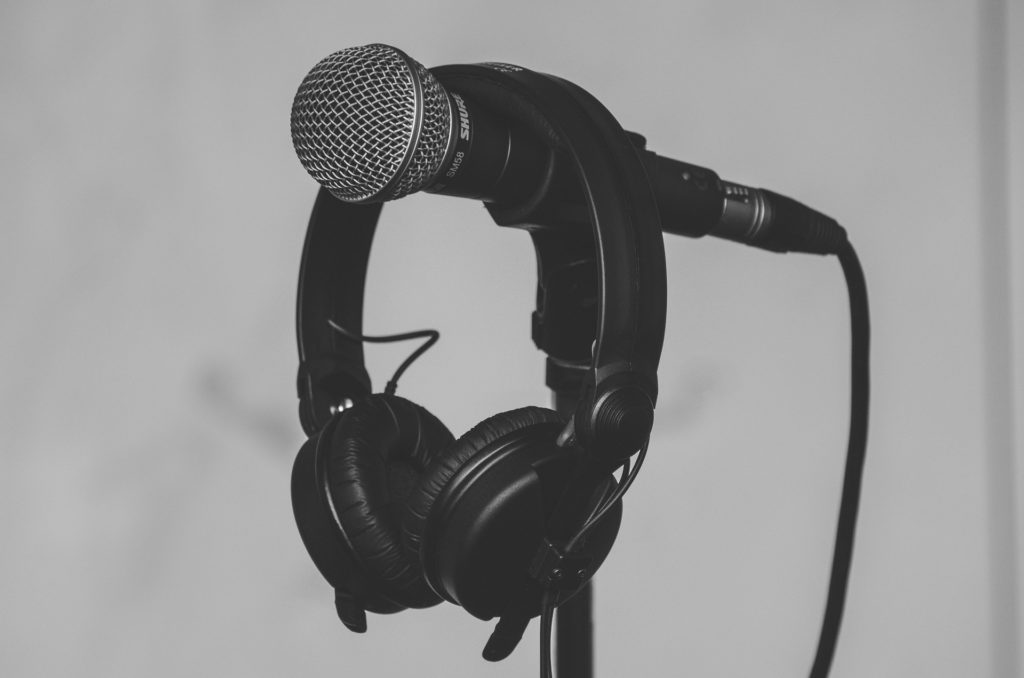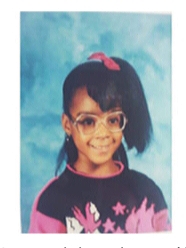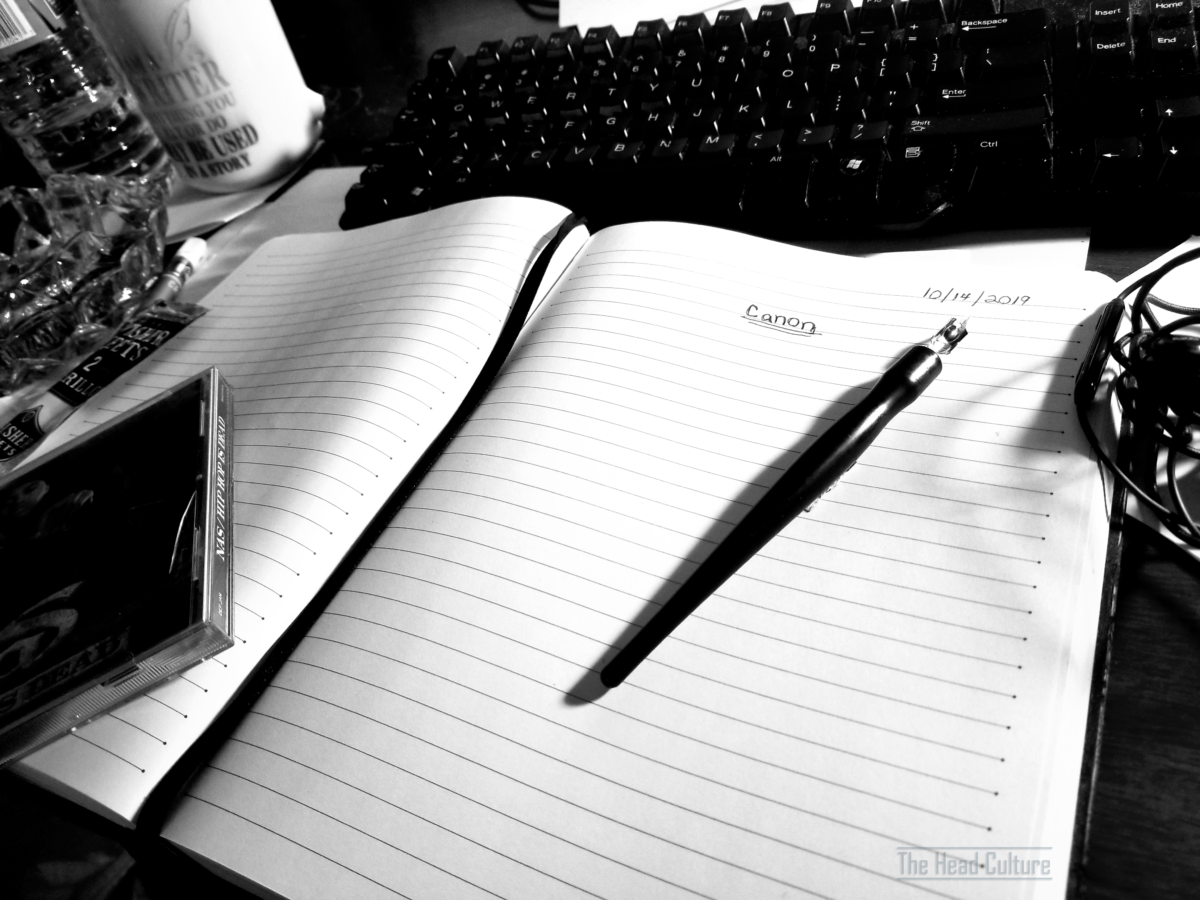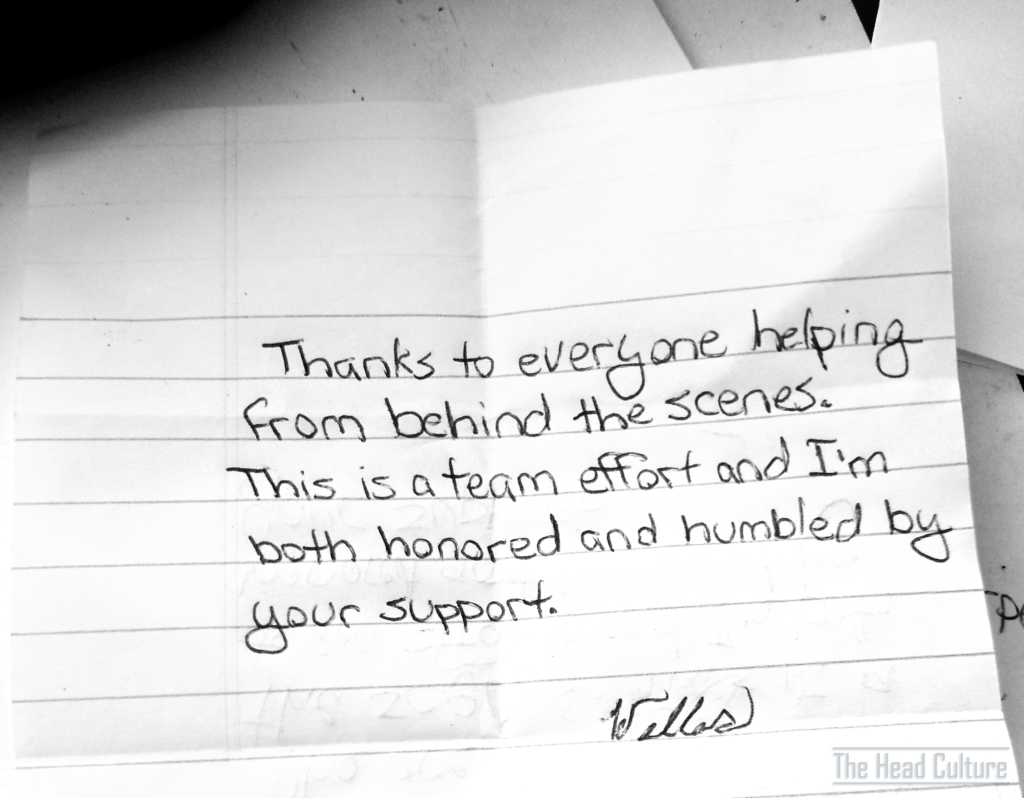By – Willis Walker
October 30th, 2019
As with the ever so constant spirit of going against the grain baked into the identity Hip-Hop, a roster highlighting the seemingly least talented rappers is inevitable. To mirror our adoration of idols, we debate the worst aspects of situations just as much as the best. And so we now have: the “Top 50 Worst Rappers” list making its rounds on the inter-webs. This is my breakdown (cue dramatic trap beat).
Why The 50 Worst Rappers is Subjective
Music Is Art
What do we consider bad? The best answer would be that it depends on who you ask. After all, music is art and art is subjective. We often view art through the lens of emotion. What’s favorable or beautiful invokes passion and positive energy when consumed. What we consider beauty is in the eye of the beholder. We view it relative to what is unappealing. That changes from person to person.
Generation Makes a Difference
What make things unappealing largely depends on the standard set in that period in time. There are observable patterns that develop in specific eras that necessitate skill sets relevant to the current climate. This makes the perception of what is ‘good’ or ‘bad’ in art and music largely generational. What made a hit song a decade ago is different from present day. Generation makes a difference with regards to the top 50 worst rappers.
The Audience
Where and how you grew up affects your perspective and personal tastes. Traditional ‘boom bap’ versus ‘G-funk’ is a good example. Both existed in the same era, but had two different sounds.
As an artist, I consume music differently than the average listener and the same goes for all artists. If you’re making the sausage, you view it differently. Us in ‘the know’ hear the same music everyone else does, but we consume it differently. That makes us a different audience. For me personally, I call it my ‘rapper brain’. When I hear another rapper, I am able to objectively hear techniques from within the craft that they employ. That brings us to the next point.
Can We Compare All Hip-Hop Objectively?
Objectively, ‘Boom Bap’ and ‘G-Funk’ can be compared. Rappers employ the same techniques in both cases. The “worst rapper” list features rappers ranked based on personal criteria. With that said, it might be a good idea to classify rappers based on skill set.
Traditional Lyricists

For the sake of argument, let’s classify the above mentioned as ‘Traditional Lyricists’. If ‘G-Funk’ and ‘Boom Bap’ rappers are both theoretically ‘Traditional Lyricists’, who would classify as different? Additionally, why shouldn’t they compare and why would it matter?
Contemporary Trap
When you think of current rappers who mostly make ‘Trap Music’, the term ‘Mumble Rapper’ might come to mind. You may imagine colorful hair and face tattoos. Since most of these artists aren’t technically ‘mumbling’ in my opinion, I’ll personally call them “Contemporary Trap” rappers. Wikipedia defines Trap Music as:
“a style of hip-hop music that was developed in the early 2000s in the Southern United States. It is typified by sub-divided hi-hats, heavy, sub-bass layered kick drums in the style of the Roland TR-808 drum machine, typically in half time syncopated rhythms, layered with abstract or orchestral synthesizers and an overall melancholy to dark ambiance and lyrical content […].”
Wikipedia
The speed of Trap often necessitates a pattern in rhyme structure unique to its sound made popular in the 2010’s. The pattern has shorter sentences, which these rappers use to fragment their thoughts. While outliers exist, contemporary trap artists gained a reputation for relying more on melody and repetition than lyrical depth. This results in a stylized cadence to make up for there being less depth per phrase.
Different Standards
While additional skill sets exist, the contrast between ‘Traditional Lyricists’ and ‘Contemporary Trap Artists’ is the most recognizable today. Most would say, “the standards are different”. When you ask the question, “How well does this person rap?” you’re going to use a certain base criteria to rank them. This is where context matters. For example, if you use the seemingly universal standard of record sales in a vacuum, you can objectively rank artists. With context, it’s worth noting that an artist at their peak in 2018 will likely sell fewer records than an artist in 1998, even though they might have the same number of fans. This is because almost everyone consumes music differently than they did 20 years ago and that’s not even including piracy.
“What about raw skill?” you may ask. Well… As mentioned above, both archetypes generally utilize different skills in order to be successful in their given lane. If I were to ask, “What’s more valuable, melody, or rhythm?” the answer would change depending on the individual’s preference. The technical side of the craft of rapping deals more with rhythm, while the more unorthodox side deals with melody. The most honest observation would be that both are important. There is no way to objectively put one over the other. That brings me to my last point…
Sub Genres
Could you honestly compare a romantic comedy like, ‘Coming to America’, to a romantic drama like, ‘The Notebook’? Both great movies (in my opinion), but they are great for different reasons. The same applies to almost any sub genre across every medium and Hip-Hop is no different.
Your Thoughts on the Top 50 Worst Rappers
With that said, should all artists share the same best or worst list regardless of sub genre or skill set? Should one’s best or worst list only contain artists with preferred or least preferred skill sets? Is highlighting the worst rappers in your opinion fair game? What’s your overall opinion of the “Top 50 Worst Rappers” list? Share your thoughts below.
My name is Willis Walker and I’m a Hip-Hop Head. You can find me on more articles such as this on blog.theheadculture.com and on social media. Also, feel free to join our new Facebook Group at facebook.com/groups/theheadculture. As always, peace and love my fellow heads. Until the next time.




